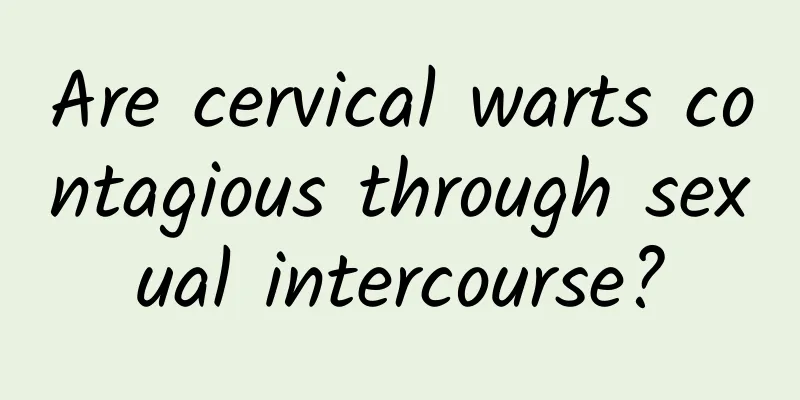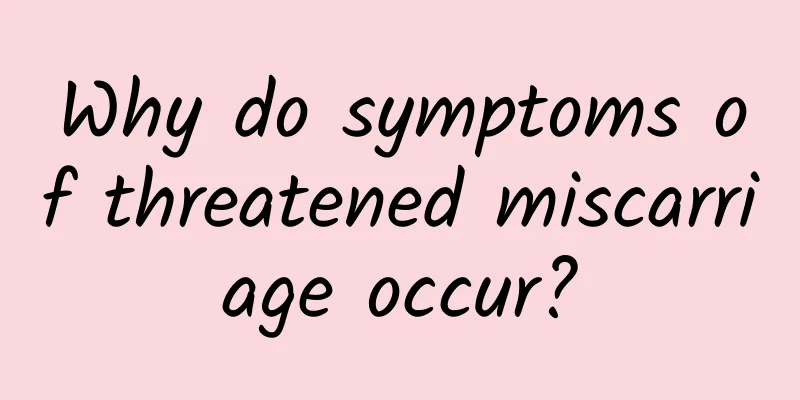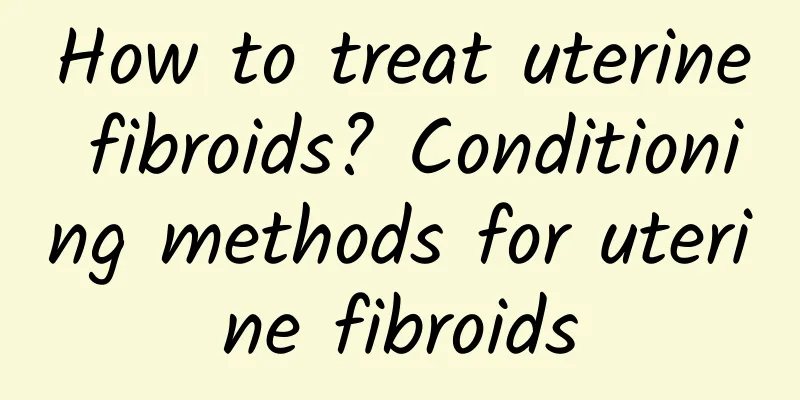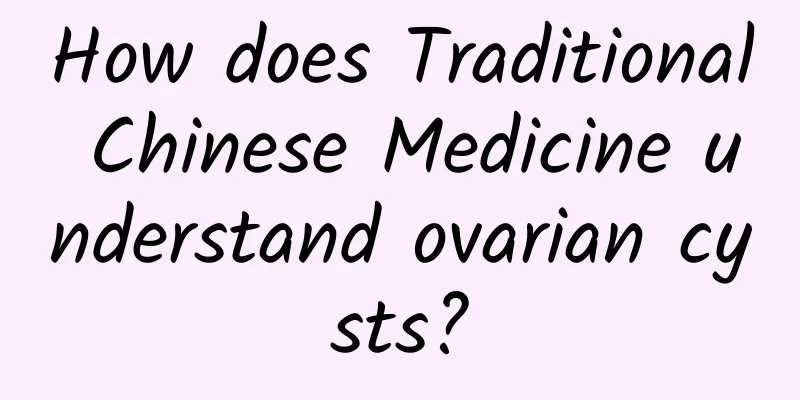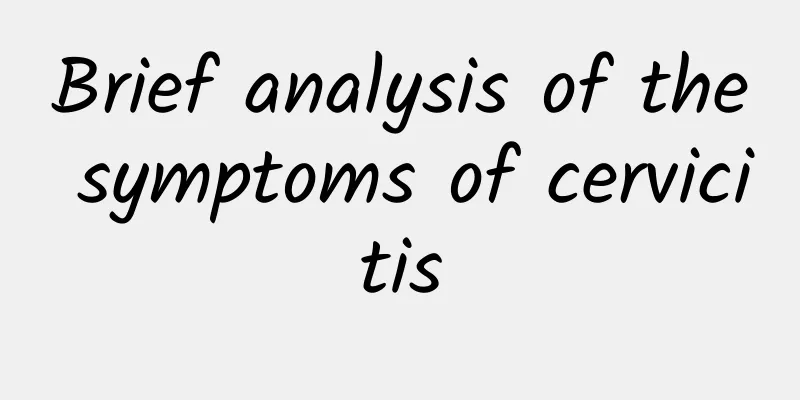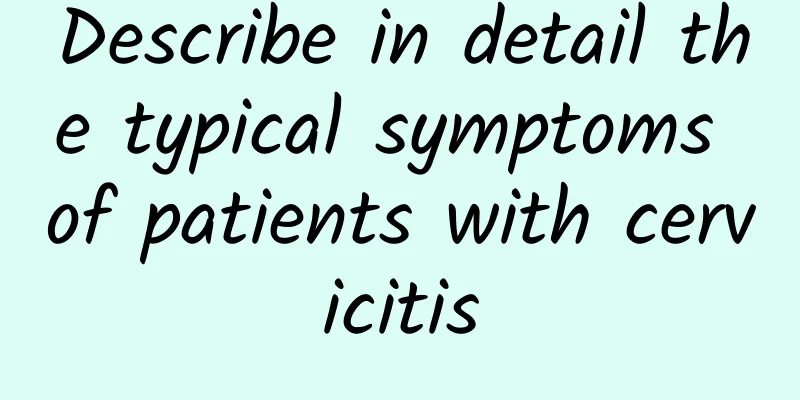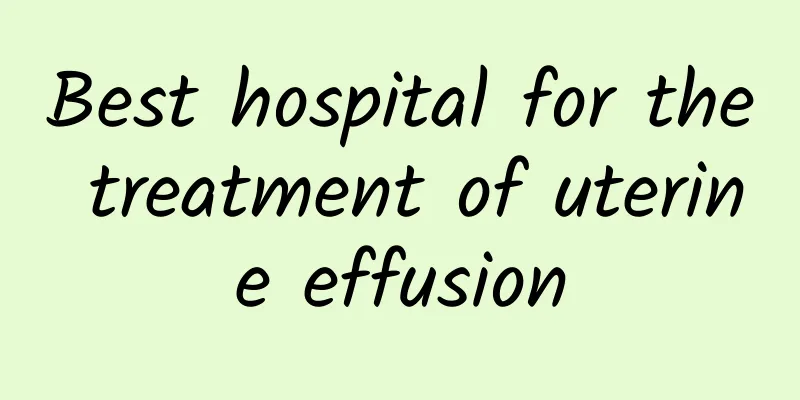What to eat after ovarian cyst surgery
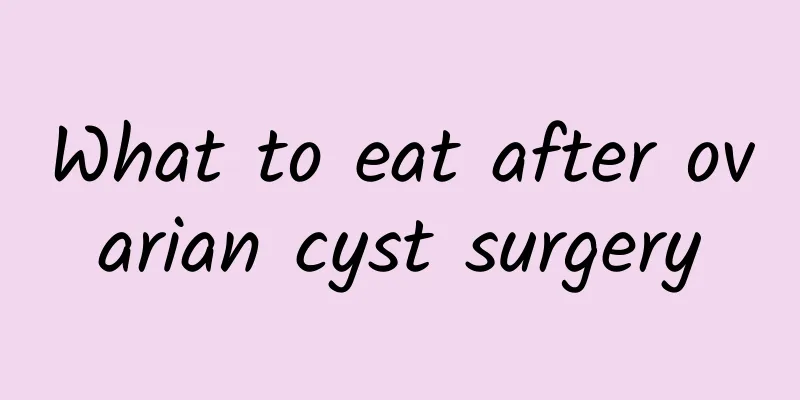
|
Ovarian cysts can be treated with surgery, such as ovarian cystectomy, oophorectomy, total hysterectomy, and adnexectomy, which can help improve the disease and relieve discomfort. However, after ovarian cyst surgery, relevant care and auxiliary treatment are needed to promote disease recovery. So how to do postoperative care for ovarian cysts? What are the dietary requirements? 1. Milk: After ovarian cyst surgery, patients should pay attention to a light diet and eat more liquid and easily digestible foods, such as milk. This food is not only easy to digest, but also contains a lot of protein. Eating more is good for health. 2. Spinach: Postoperative patients can also eat spinach in moderation, because spinach has the effects of nourishing blood and stopping bleeding, moistening the intestines and promoting bowel movements. Eating it in moderation can also assist in treatment and promote recovery from the disease. 3. Yam: Yam has the effect of nourishing the spleen and stomach, nourishing the lungs and nourishing yin. Eating it in moderation not only helps improve gastrointestinal function, but also prevents complications, reduces the harm of diseases, and protects one's health. 4. Dates: Dates have the function of regulating qi and blood. Eating them in moderation can also improve diseases and reduce discomfort. However, spoiled dates should not be eaten to avoid harming health and affecting recovery from illness. 5. Peanuts: Peanuts have powerful effects. They can not only nourish the stomach and promote digestion, but also lower blood lipids and prevent arteriosclerosis. Eating more can also help recover from the disease. 6. Crucian carp: Postoperative patients can also eat more crucian carp, because crucian carp has the effects of strengthening the spleen and stomach, promoting diuresis and reducing swelling. Eating more crucian carp can help improve gastrointestinal function, promote nutrient absorption, and accelerate disease recovery. After ovarian cyst surgery, you can eat more of these six foods, which is very helpful for the recovery of the disease. Patients should also be reminded that when choosing these foods, they must pay special attention to freshness. Deteriorated and stale foods should not be eaten, so as not to aggravate postoperative discomfort and affect the recovery of the disease. Patients should also pay attention to closely observe postoperative changes. If there are abnormal symptoms, they must seek medical attention in time to avoid postoperative complications and harm to health. |
<<: What are the hazards and causes of pelvic effusion?
>>: Symptoms of early menopause
Recommend
What are the reasons for frequent abdominal pain after abortion?
Many patients experience abdominal pain after abo...
What are the methods to eliminate ovarian cysts?
Is there a way to get rid of ovarian cysts? Surge...
Women tend to gain weight during menopause, identify these risk factors! Drink more soy milk to lose weight quickly? Nutritionist crack
After women have passed their golden years, they ...
What are the dietary taboos for bacterial vaginosis?
Bacterial vaginitis is a common gynecological dis...
The life conditioning of patients with vulvar leukoplakia should not be ignored
The arrival of spring is a sign of hope, but it i...
Several common methods to prevent cervical hypertrophy
Cervical hypertrophy is a female disease with a h...
Let’s learn about the age of women’s menopause
I think many female friends want to know when wom...
Congenital absence of vagina treatment hospital
As a patient, the level of hospital experts is on...
What should we pay attention to before undergoing abortion surgery?
What should we pay attention to before an abortio...
What are the hazards of cervical erosion? The most serious one may be cervical cancer
No matter what disease you suffer from, what we a...
Inattention to diet can easily cause ovarian cyst disease in women
Women are often affected by some gynecological di...
Let's see how experts introduce the treatment of cervical hypertrophy
Patients with cervical hypertrophy all want to kn...
Why does pelvic inflammatory disease cause itching in the stomach?
The belly refers to the abdomen. Pelvic inflammat...
Does your stomach and intestines also need some rest time? Light fasting helps lose weight and reawakens intestinal motility
When it comes to losing weight, the four-characte...
Bone aging begins! More than 10% of young women have lost bone mass
Do you have calcium deficiency? Is your bone qual...
